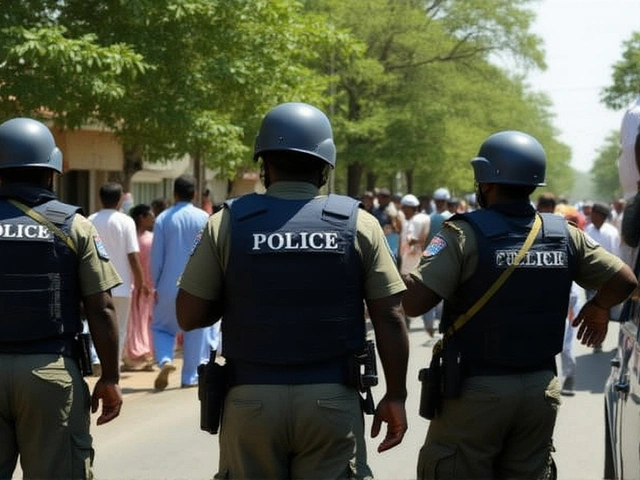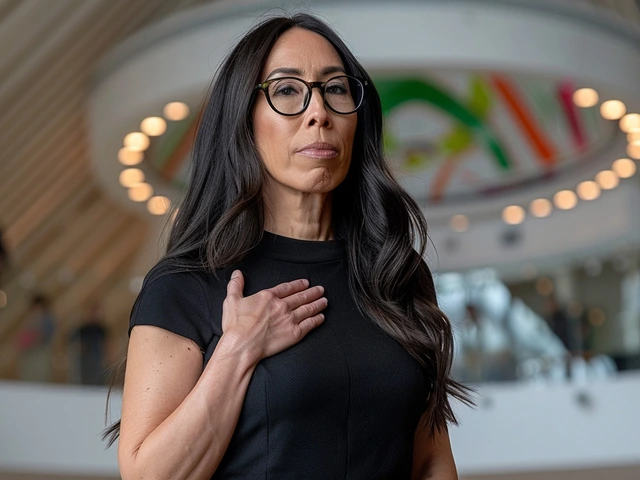Understanding Police Accountability in Africa
Police accountability means making sure that law enforcement officers act responsibly and face consequences if they abuse their power. It's about protecting citizens' rights and building trust between communities and the police. In many African countries, police accountability is a hot topic because it's linked to public safety and justice.
People want police who serve and protect without fear or favor. But several issues stand in the way, like lack of transparency, weak internal investigations, and political interference. These problems can lead to corruption, misuse of force, and poor responses to crimes, which hurt public trust.
Why Does Police Accountability Matter?
When police officers are accountable, they are less likely to abuse their authority or act unfairly. This means fewer cases of brutality and discrimination. Communities feel safer and are more likely to cooperate with police investigations. That cooperation helps solve crimes and prevent violence.
Also, police accountability supports democracy by upholding human rights. It ensures that police respect laws rather than act above them. For example, in countries where citizens can report police misconduct freely, the rate of abuse often drops, showing that accountability works.
Efforts to Improve Accountability
Many African nations are working to improve police accountability through various reforms. These include setting up independent oversight bodies that review complaints, improving police training on human rights, and using technology like body cameras to monitor police activity.
One effective change is community policing, which involves regular dialogue between police and the people they serve. This builds mutual respect and better understanding. Some countries also update their laws to punish misconduct more strictly and protect whistleblowers within the police force.
Still, challenges remain such as limited resources, political pressures, and cultural attitudes. But by continuing these reforms and raising public awareness, Africa can move toward more transparent and just policing systems that work for everyone.

Kenyan High Court Rules Police Responsible for Arshad Sharif’s Killing, Orders Substantial Compensation
In a landmark ruling, a Kenyan High Court has held local police accountable for the killing of Pakistani journalist Arshad Sharif. The court has mandated the government to compensate the Sharif family with 10 million Kenyan Shillings. This ruling comes amidst allegations of delayed investigations and a call for justice from Sharif’s widow, Javeria Siddique.
Categories
- Sports (146)
- Politics (22)
- Entertainment (20)
- World (15)
- News (10)
- Lifestyle (8)
- Business (6)
- Technology (3)
- Health (3)
- Environment (2)



